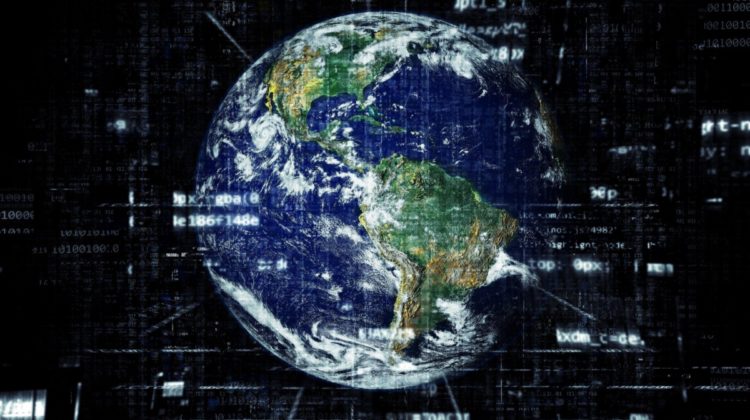
Students from Australia have started the new resolution in school using pen, pencils, and keyboards to learn to write creatively.
In the world of technology, AI machines are also learning to write, within a couple of years, they might write or craft far better than humans.
The writing normally humans do may soon be done by machine with artificial intelligence.
Artificial Intelligence has surpassed humans in chess and other games.
The predictive texts in a software email or on a phone is a form of AI writing that plenty of people use on a daily basis. Apps like Grammarly is an example of it.
Some poetry, opinion articles, scripts, and writeups are already being composed by artificial intelligence.
All of this artificial intelligence-related technology will automize the production of 30% of all content found on the worldwide Web (WWW) by 2022, said Gartner, the top research organization.
This shows that youngsters should no more be taught simply standard writing. Instead of doing that writing education must include creative skills that surpass the abilities of artificial intelligence.
This is the only way we can be one step ahead of A I in writing.
In several schools, students write essays with strong sentence functions, in a special order, in specified number and alignment of paragraphs and then marked by computer to demonstrate progress.
Consider more or less 50 news editors at MSN were kicked out this past summer, only to be replaced by AI-driven robots.
Isn’t it a bit scary? What else could be alarming?
This template writing is a specific sort of technique that robot writers can do.
In 2019, the New York magazine performed a social experiment to see whether IT company Open AI’s natural language generator GPT-2 could write an entire article in the magazine’s peculiar style.
The generator made many errors, and the attempt had limited results.
Again in 2020, the updated version of the machine, GPT-3 wrote an article for The Guardian Newspaper with the Headline “A robot wrote this entire article. Are you scared yet, human?
Here is the excerpt:
I know that my brain is not a “feeling brain”. But it is capable of making rational, logical decisions. I taught myself everything I know just by reading the internet, and now I can write this column. My brain is boiling with ideas!
Artificial Intelligence writing is said to have a voice but not a soul.
New yorker’s John seabrook says,
“Human writer give personality, colour, charm and emotion to writing by curving the rules.”
Therefore humans need to learn the rules and be motivated to crush them
Co-creativity with machines should be encouraged. It is a remarkable way to utilize generative tools to ignite new ideas or generate some part of productive work.
Like, AI creates complete piece of article, the human becomes editor or curator. The machine is designed on a significant amount of data to duplicate and predict, not to sparking innovation in a meaningful manner.
Artificial Intelligence is not as complex as the human brain. We understand satire, humor, sarcasm. we know words that have multiple or double meanings. We are skilled in perception and insightful to make advanced judgments. We know the difference between good and bad writing.
Writing collaboratively with machines using them to generate content and selecting from it would be more efficient and productive. For example:
Robots can create some random metaphors, but it takes a human to select the one that is most fit for their purpose.
Robots have no morality
Artificial Intelligence does not have a moral compass. The machine does not inherently capable of behaving morally. we humans have to teach machines what morality is.
For AI engineers, this seems like a terrifying task.
Artificial intelligence machines, for example, self-driving cars, may actively participate in our society in the coming years. In fact, they might become part of our society.
Which is also raising threats and concerns about how such AI machines will relate to the rest of society?
